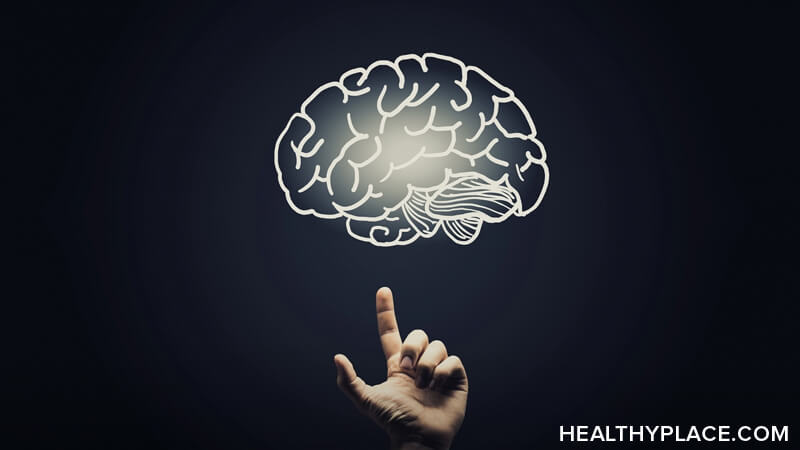The Psychology of Gambling Addiction

There is a specific psychology to gambling addiction. Millions of people worldwide grapple with gambling addiction and its profound impact on their lives and the lives of their loved ones. Over time, many things have been explored as causes of gambling and what makes it addictive. As someone who has battled this addiction, I looked into the psychological side of things, covering everything from cognitive biases to genetics and heredity.
Unraveling the Psychology of Gambling Addiction
With psychological mechanisms like reward systems and risk-taking in play, many people find themselves caught in the web of gambling addiction before they realize it. When we gamble, our brains release dopamine, the feel-good chemical that creates excitement and builds a craving for more.1 High on this neurotransmitter, many of us build a false sense of hope, believing that the more we keep at it, the bigger our wins. However, as the initial euphoria of dopamine wears off, we veer off into the risk-taking territory to achieve satisfaction since we've now built a tolerance. 2
Before you know it, gambling is your escape from the stresses of daily life, and with each wager, you begin to be impulsive and reckless, ignoring the financial and personal consequences until it's too late.
Besides gratification and risk-taking, cognitive biases play a crucial role in gambling addiction. Have you heard of the gambler's fallacy? It is a belief many hold that past outcomes determine future ones; for instance, losing a couple of times means the probability of winning is higher. Unable to break free from these cognitive distortions, we become slaves to gambling, only focusing on the wins, no matter how far in between they are, and completely disregarding losses.
Where Genetics and Heredity Fit into the Psychology of Gambling Addiction
In addition to the psychological factors, genetic and hereditary factors can influence your susceptibility to gambling. Studies I found around genetics and gambling addiction revealed that gene variations associated with addictive behaviors are linked to dopamine regulation.3 As a result, people with these variations experience heightened responses to that gambling thrill.
A family history of gambling can also lead you down the path of gambling addiction. Usually, this results from the combination of environmental and genetic factors.4
The Bottom Line
The role of psychological mechanisms, genetics, and heredity cannot be ignored when addressing the causes of gambling addiction. It is important to understand that gambling addiction does not follow the same path for everyone. The addictive nature of gambling presents itself in different ways for different people. This knowledge is crucial for the prevention and treatment.
Sources
- Gambling addiction can cause psychological, physiological health challenges. (n.d.-b). UCLA Health. https://www.uclahealth.org/news/gambling-addiction-can-cause-psychological-physiological-health-challenges
- Sohn, E. (n.d.-b). How gambling affects the brain and who is most vulnerable to addiction. https://www.apa.org. https://www.apa.org/monitor/2023/07/how-gambling-affects-the-brain.
- Gateway Foundation. (2023c, September 14). Is gambling hereditary? https://www.gatewayfoundation.org/addiction-blog/is-gambling-hereditary/.
- Thomas, A. (2022d, September 28). Gambling Addiction Likely In The Genes, Study Says. Xcode Life. https://www.xcode.life/genes-and-personality/is-gambling-addiction-genetic/
APA Reference
Anyango, K.
(2023, November 2). The Psychology of Gambling Addiction, HealthyPlace. Retrieved
on 2025, November 25 from https://www.healthyplace.com/blogs/recoveringfrommentalillness/2023/11/the-psychology-of-gambling-addiction
